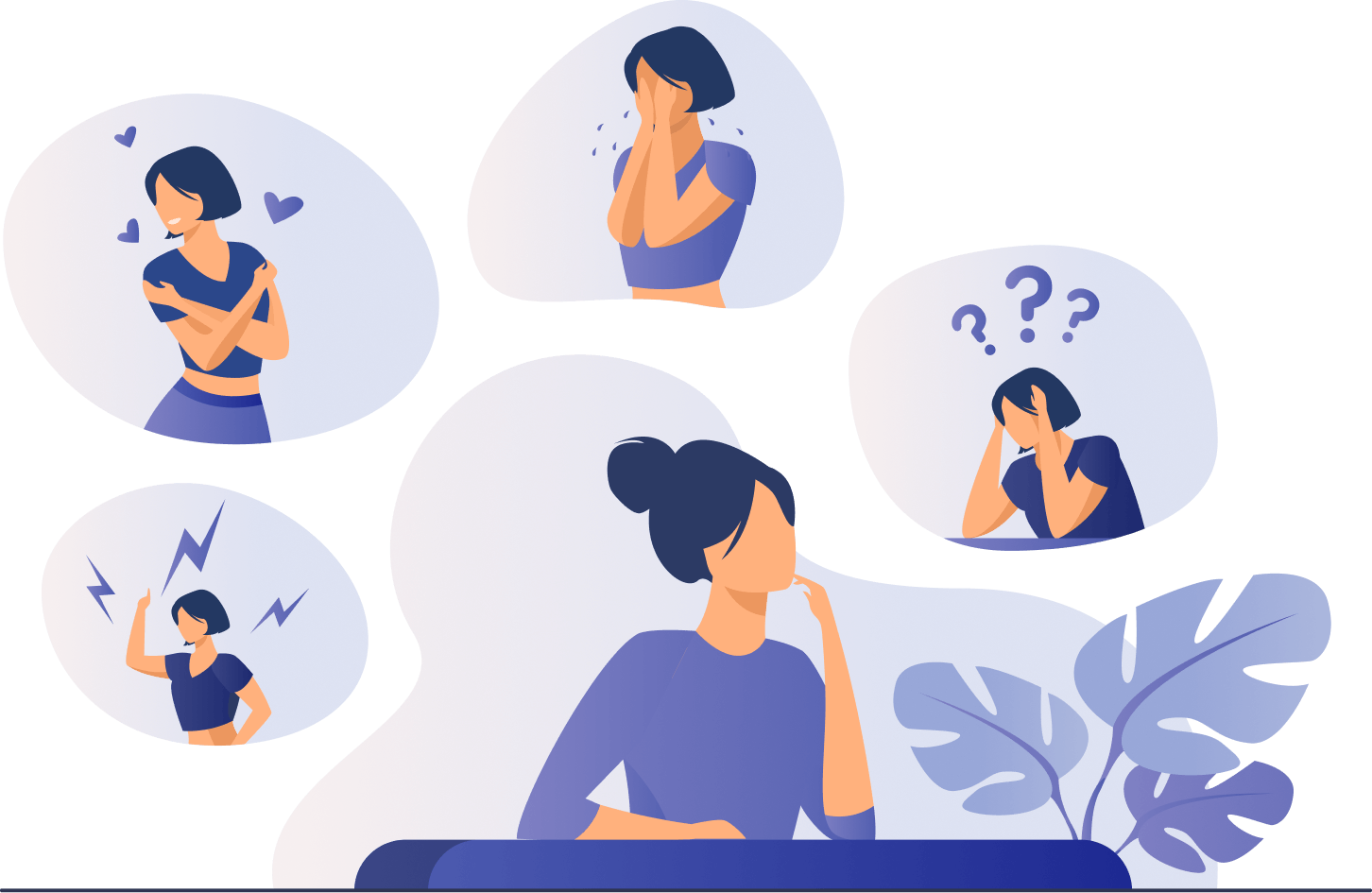Self-awareness: Johari Window

You can personalize the Self-awareness: Johari Window resource by downloading it HERE, and adding your own responses, or continue to view it below.
The Johari Window is a tool that can be used to increase self-awareness, through self-reflection and getting feedback from others. It helps us become more aware of our own thoughts, emotions, behaviors, strengths, and areas for improvement. When it comes to mental health, having more self-awareness can help us identify certain triggers, allowing us to cope more effectively. When struggling with things like anxiety and depression we may also have a hard time noticing our already existing strengths, so using the Johari Window can also help us identify those strengths and build on them. Lastly, it can be used as a tool to open up communication with others and build deeper connections.
The Johari Window
The diagram below shows the different “areas” of the Johari Window, and each side of the window panel references what information is known versus unknown to self and others..

1. Open Area
Sometimes called the self area, the open area contains any information that we know about ourselves, and is also known by others. This can include any thoughts we’ve expressed, strengths and emotions we’ve shared, and beliefs and values that we’ve discussed others.
2. Blind Area
Sometimes called the blind spot, this area includes any information such as strengths, patterns of behavior, and areas for improvement that can be observed by others, but we do not know ourselves. We can reduce this “blind spot” by asking others for feedback about anything from the list above.
3. Hidden Area
Sometimes called the “façade”, this area includes any information that we know about ourselves, but we keep hidden from others. This can include emotions, strengths, beliefs, and experiences. Being vulnerable about these things with others (when appropriate) can reduce the hidden area, improving connection and trust in relationships.
4. Unknown Area
This area includes any information that we don’t know about ourselves and is also unknown by others. This may include hidden skills, emotions we aren’t fully conscious of, and unexplored values. This area can be reduced through asking others for feedback, mindful reflection on past experiences, and trying new activities outside of our comfort zone.
Reflection
Read the reflection questions below, then use the template on the editable version of this resource HERE to practice the Johari Window approach to self-awareness and to improve communication. Or use the template below the reflection questions to complete the Johari Window on your own.




Johari Window Template

Call 911 if you’re having a
mental health emergency
Text Home to 741-741 if you're in emotional
distress and need immediate support
Call or text 988 Suicide &
Crisis Lifeline. Chat service
is available at 988lifeline.org.